by Andrea M. Page
Teachers, Librarians, and other attendees, whose goal is to enlighten readers and reflect with open minds on a variety of worldviews…join these Native Creatives who will be presenting at NCTE. Let’s shine the light on their authentic voices and celebrate together. Hope to see you there!
Resource: Cooperative Children’s Book Center (CCBC) https://ccbc.education.wisc.edu/literature-resources/ccbc-diversity-statistics/books-by-and-or-about-poc-2018/ Andrea Page (Hunkpapa Lakota / German) is a children’s author, educator, and Board Member of the Children’s Literature Assembly of the NCTE. Her debut middle grade book, SIOUX CODE TALKERS OF WORLD WAR II, is the story of seven Native American Code Talkers’ military service in the Pacific Theater. Andrea lives with her husband in Rochester, New York. Visit her website at WriterAndreaPage.com. By Amina Chaudhri and Julie Waugh, on behalf of The Biography Clearinghouse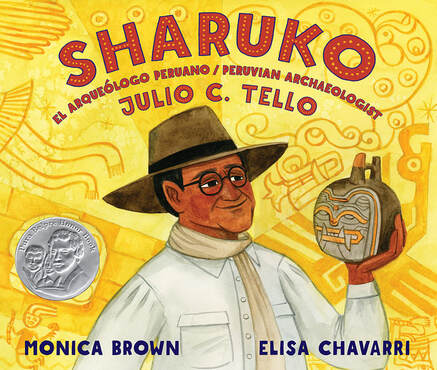 One of the most profoundly devastating schemes of the colonial project was to erase Indigenous knowledge: religious, intellectual, social, cultural, aesthetic, scientific. In the Afterword of Sharuko, Monica Brown extends readers’ knowledge of the importance of Julio C. Tello’s work as an archaeologist in undoing the damage of colonial erasure. He spent his life raising awareness about Indigenous Peruvian ways of knowing, as evidenced by his research. Julio C. Tello was Indigenous and spoke Quechua, so his investment in countering the dominant narrative was personal as well as professional. Today, he is a celebrated figure in Peru, and through Sharuko, young readers can come to value his accomplishments as well. This entry of The Biography Clearinghouse offers a variety of teaching and learning experiences to use with Sharuko: el Arqueólogo Peruano/Peruvian Archaeologist, a bilingual biography of Julio C. Tello, written by Monica Brown, and illustrated by Elisa Chavarri. In addition to a recorded interview with the author in which she discusses her research process and the craft of creating picturebook biographies, we include suggestions for learning about Peruvian textiles, the Quechua language, and variations on the trait of bravery. Below are two ideas inspired by Sharuko. Connecting the Past and the Present Sharuko is the biography of a man who lived from 1880 - 1947, yet his work as an archeologist and conservationist is relevant today. His legacy includes the Museum of Anthropology, in Lima Peru, that houses the artifacts he discovered and wrote about. His research spotlights the accomplishments of Indigenous Peruvians and tells the story of Peru’s past that colonialism tried to erase. In her interview, Monica Brown tells us about a “magic moment” in the process of creating this book, in which she imagined a Quechua word - sharuko- emblazoned across the front as its title. In this way she continues Tello’s legacy, using her privilege as an established writer to highlight the Quechua language and the contributions Tello, an Indigenous scholar, made to the world. Begin by reading Sharuko aloud with students, inviting them to note the chronology of his life, from boy to researcher, the people who supported him along the way, and his connections to history as depicted in the text and images. In analyzing this biography, teachers might scaffold students’ understandings of:
Thinking Like an Archeologist Sharing Sharuko can provide a similar introduction to the complexities and exciting puzzles that define the field of archeology. Archeology is about telling the human story. Invite your students to act as archeologists, researching, writing, and considering the different perspectives that inform archeological work. Teachers can find teaching ideas related to archeology on the website of The Society of American Archeology. The teaching and learning suggestions below are designed for teachers to plan experiences that involve thinking like an archeologist:
For more teaching and learning suggestions, visit the complete entry on Sharuko, on The Biography Clearinghouse website. Amina Chaudhri is an associate professor at Northeastern Illinois University in Chicago, where she teaches courses in children's literature, literacy, and social studies. She is a reviewer for Booklist and a former committee member of NCTE's Orbis Pictus Award for Outstanding Nonfiction for Children. Julie Waugh shares a 4th grade teaching position at Zaharis Elementary in Mesa, AZ and serves as an Inquiry Coach for Mesa Public Schools. She delights in the company of children surrounded and inspired by books. A longtime member of NCTE, and an enthusiastic newer member of CLA, Julie is a former committee member of NCTE's Orbis Pictus Award for Outstanding Nonfiction for Children. Conducting a Writing Cohort with the Support of the Bonnie Campbell Hill AwardBY KATIE SCHRODT
CLA Blog: Knowledge is Power: Mirrors, Windows, and Sliding Glass Doors BY MELISSA ANTINOFF 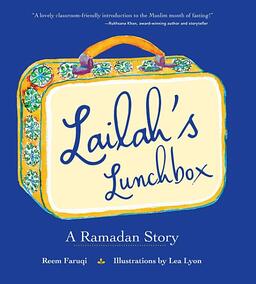 I was honored to be named one of the 2020 Bonnie Campbell Hill National Literacy Leader Award recipients. My project was to continue my equity work as a literacy leader. It is imperative that every classroom in every school district has books with BIPOC characters by BIPOC authors. Students need to see themselves in books (like a mirror) and see the rest of the world as well (like looking out a window). Books are the perfect gateway for this (like a sliding glass door that automatically opens and invites you in). While I have learned so much from the conferences I have attended so far this year, the most important piece of knowledge I’ve gained is that my equity work has spread from my school to my community. I now have language to teach my friends and family how to advocate for BIPOC and LGBTQ+ communities. Recently, the fervor over Dr. Seuss Enterprises no longer publishing 6 books with racist imagery was all over my social media feeds. I was shocked and disappointed by friends that thought the company was “going overboard.” One friend even said, “If you don’t like it, don’t buy it.” I replied with pictures of the offensive illustrations by Seuss, explaining why those 6 books were no longer going to be published. I used the analogy of windows. mirrors, and sliding glass doors to explain how none of those pictures have a place in our society. As librarian Leslie Edwards said, “A book published in 1937 with images that are considered racist by the group publishing the book...doesn't have a place in an elementary classroom or school library in 2021. Nostalgia isn't a reason for keeping a book. In schools and school libraries, the collection should reflect diverse viewpoints in an age- and developmentally appropriate manner. These diverse viewpoints should not demean or diminish others.” Some of my colleagues refuse to even touch the subject of racism and prejudice with their students, much less have diverse books in their classroom libraries. Last year, when I used our language arts budget for diverse books for each of my grade level’s classroom libraries, a colleague told me that the money was better spent on other materials. After attending my workshop on Culturally Responsive Teaching Through Diverse Literature, she changed her mind. She now could now understand the importance of a diverse library and how it will help her reach all of her students. I recently read aloud Lailah’s Luncbox, by Reem Faruqi. It’s a book about a girl fasting for Ramadan. I have a Muslim student in my third grade class that fasts. The other students now have an appreciation for her culture and she was so happy to share her knowledge with her classmates. Mirrors, windows, and sliding glass doors. With all of this professional and personal development, I now have the language and knowledge to change people’s minds. My students, colleagues, and community do, too. Katie Schrodt is a professor of literacy at Middle Tennessee State University where she works with pre-service and serving teachers. Katie’s research interests include reading and writing motivation with young children. She is one of the 2020 Bonnie Campbell Hill Award recipients. Melissa Antinoff is the 2019 Burlington County Teacher of the Year. She has been an elementary educator since 1992. Melissa specializes in developing a love of reading in her students. BY DONNA SABIS-BURNS
We are obligated to educate our youth with a clear lens and to teach the richness of realistic, authentic, and contemporary literature for children and young adults. We need to promote books where Indigenous characters are up front and visible, not hidden or pushed aside. We want to highlight in a bold, distinguishable manner characters and stories that unveil and promote the beauty of diverse literature written/illustrated by and for Native Nations (also called Indigenous people and used interchangeably here when the specific Nation is not known), and all other marginalized groups.
The movements of #OwnVoices and #WeNeedDiverseBooks have elevated the bar by offering a deeper focus and expanded landscape for celebrating the intricacies that Native storytelling brings to the table. Much too often, books featuring Indigenous people are only pulled off the shelf in October (Columbus) and November (Thanksgiving/Native Heritage Month). Well, it is March/April and I am pleased to share with you some resources you may want to check out and bookmark this spring to break that cycle. This blog post features a few rich and informative web pages, the American Indian Literature Awards (AILA), a shout out to an award-winning #OwnVoices book, and other informative and fun resources that highlight the resilience, authenticity, and beauty in literature through a kaleidoscope of traditions representative of the vast diversity across Indian Country. Native Cultural LinksHeartdrum
What is impressive about this site is its refreshing approach to much-needed stories about Indigenous, contemporary young heroes and heroines. These heartfelt accounts are reflective of the many different Nations of a modern United States and Canada. This is a breath of fresh air because it does not perpetuate the notion that Indigenous peoples are not around anymore. Do not get me wrong, there is a definite need for authentic, truthful history stories of Native Nations, but it is truly wonderful to be able to share a good story about real time people in real time situations in a modern setting. This is a new resource that is just getting off the ground and it already has some exquisite stories to share with you.
Oyate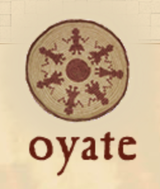
Oyate.org is a small but mighty Indigenous organization working to share the life and histories of Indigenous people with the utmost level of honesty and integrity. This is a resource that serves as a portal into the past and is reflective of today’s society where diverse, #ownvoices books are most necessary. Oyate, appropriately named after the Dakota word for “people,” believes that the world is a healthier place when there is a better understanding and respect for one another and when history is truthfully acknowledged. They aim to distribute literature and learning materials by Indigenous authors and illustrators, provide critical evaluation of books and curricula with Indigenous themes, and offer workshops “Teaching Respect for Native Peoples.” They also have a small resource center and reference library that can be very useful for any educator or parent (or youth for that matter). Since the pandemic, the store portion of the site is temporarily not working at full capacity, but there are many other fine choices for you to peruse and enjoy.
American Indians in Children’s Literature 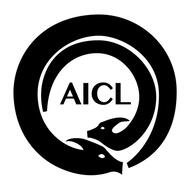
We cannot mention websites about literature featuring Indigenous people without showcasing the American Indians in Literature (AICL) website. Established by Dr. Debbie Reese of Nambé Pueblo, and later joined by Dr. Jean Mendoza as co-editor, the AICL website provides a critical analysis of the presence of Indigenous peoples in children's and young adult books and so much more. This website is like walking into a bakery with so many wonderful choices it is hard to decide what to try first. It has been around for 15 years and is most certainly more than just a place to find a list of best books. You can discover Indigenous authors and illustrators in the Photo Gallery section, or maybe you’d rather learn tips for creating instructional materials featuring different Native nations. You can even research what books you should NOT be sharing out there. It is really a gem of a resource.
Book Award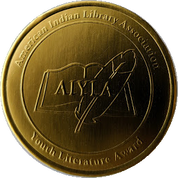
AILA Youth Literature Award
Did you know there is an award specifically for literature featuring Indigenous people? Since 2006, the American Indian Library Association (AILA) biennially considers the finest writing and illustrations by Indigenous peoples of North America for the AILA Youth Literature Award. AILA identifies and honors works that “present Indigenous North American peoples in the fullness of their humanity.” Winners and Honor Books are selected in the categories: Best Picture Book, Best Middle Grade Book, and Best Young Adult Book. If you ever need a resource for choosing quality literature, make sure you visit the American Indian Youth Literature Award web page. For those not familiar with this organization, AILA is an affiliate of the American Library Association and it is devoted to disseminating information about Indigenous cultures and languages to the library community and beyond. Check out the video for the 2020 Award winners. Did you know?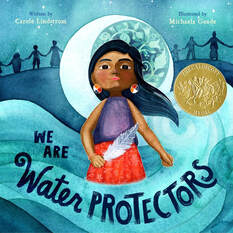
Caldecott Winner
Congratulations to illustrator Michaela Goade (Tlingit) for her 2021 Caldecott Award winning book, We are Water Protectors (2020), authored by Carole Lindstrom (Turtle Mountain Band of Ojibwe). Goade is the very first Indigenous winner of this prestigious award. With Earth Day around the corner, this would be a fabulous book to share. There is even a We are Water Protectors Activity Kit!
Read Native 2021 Reading Challenge
The “American Indian Library Association invites you to participate in the inaugural reading challenge. With this challenge we support and recognize our Indigenous authors, scientists, legislators, storytellers, and creators throughout the year, not just during the national Native American Heritage month.” Here is a fun reading challenge to engage readers of all ages. Final Words
Throughout the year, find and read books and publications by and about Native Americans; visit tribal websites; search peer reviewed scholarly journals; visit Native-owned bookstores; and check with Native librarians for the best sources for learning more about Native Nations and Indigenous people around the world.
Donna Sabis-Burns, Ph.D., an enrolled citizen of the Upper Mohawk-Turtle Clan, is a Group Leader in the Office of Indian Education at the U.S. Department of Education* in Washington, D.C. She is a Board Member (2020-2022) with the Children's Literature Assembly, Co-Chair of the 2021 CLA Breakfast meeting (NCTE), and Co-Chair of the Diversity, Equity and Inclusivity Committee at CLA.
*The views expressed herein do not necessarily represent the positions or policies of the U.S. Department of Education. No official endorsement by the U.S. Department of Education of any product, commodity, service, or enterprise mentioned herein is intended or should be inferred.
|
Authors:
|
CLA
About CLA
|
Journal of Children's Literature
Write for JCL
|
ResourcesCLA-sponsored NCTE Position Statements
|
Members-Only Content
CLA Video Library
|
© COPYRIGHT 2018.
ALL RIGHTS RESERVED |

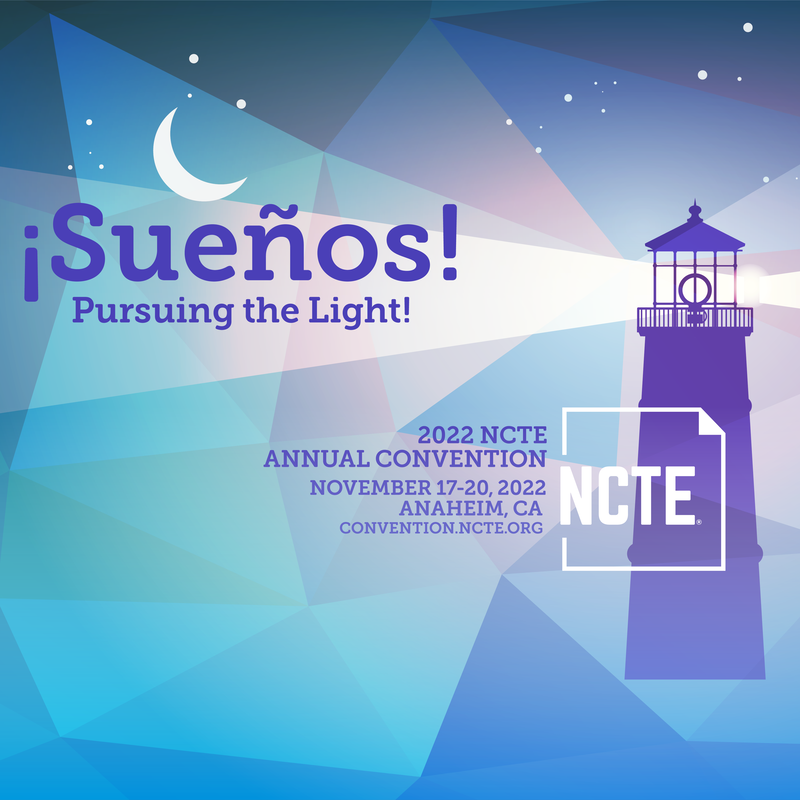
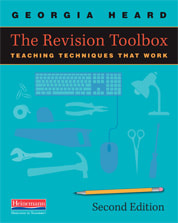
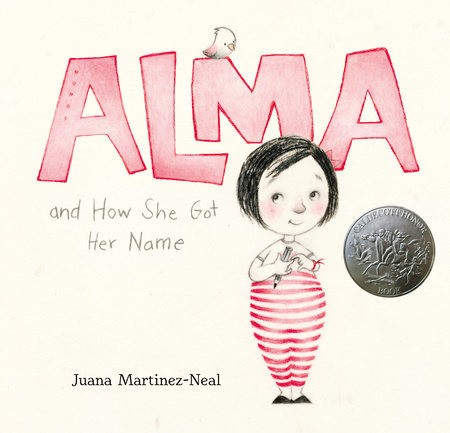
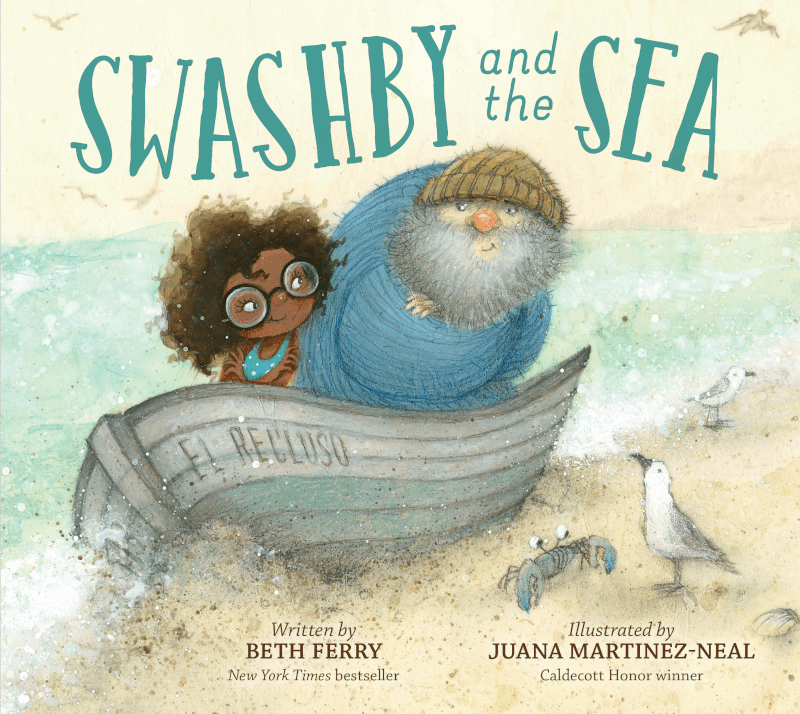
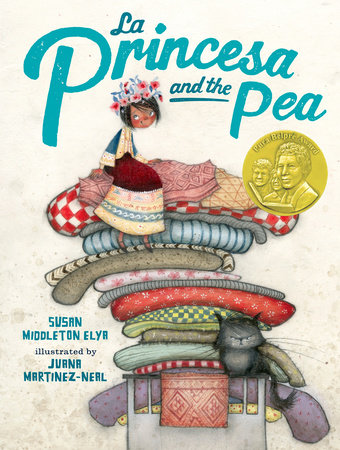
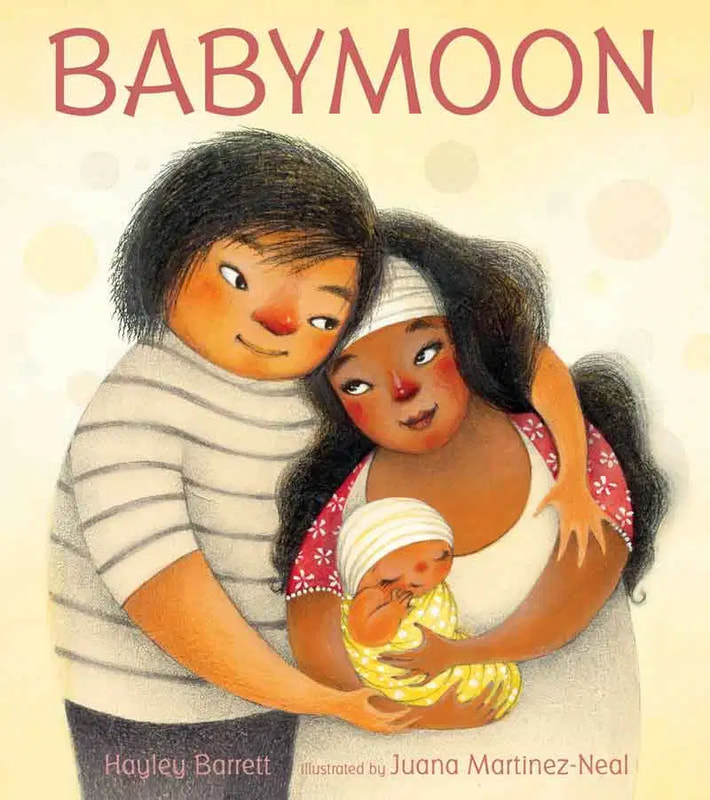
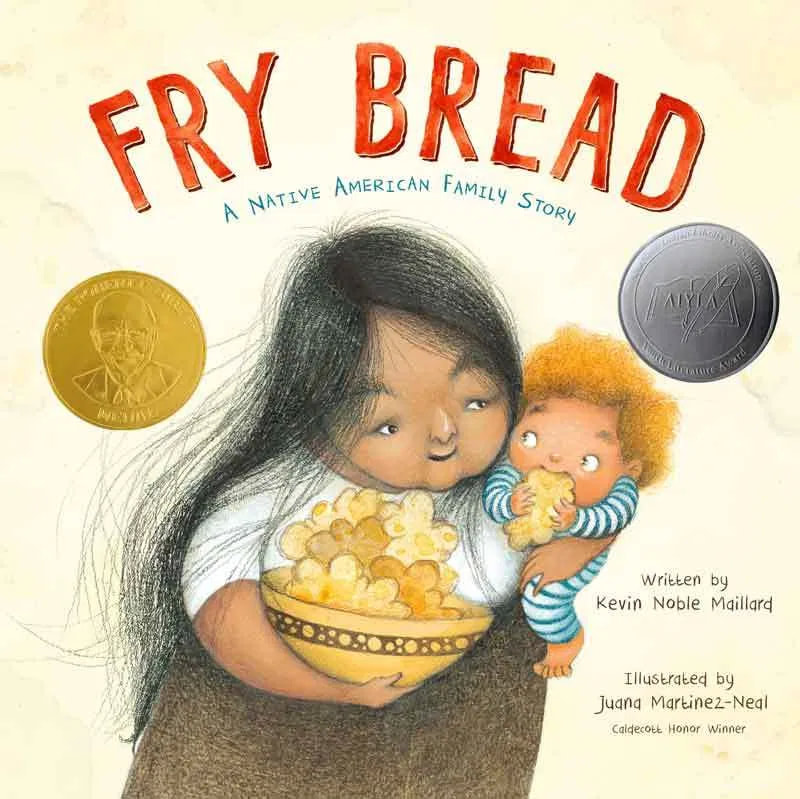
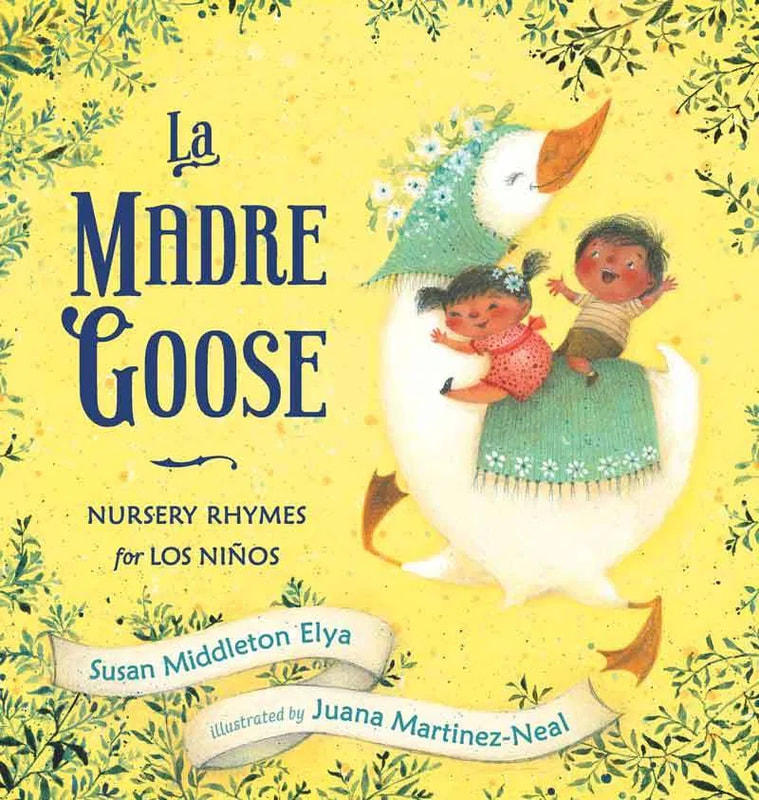
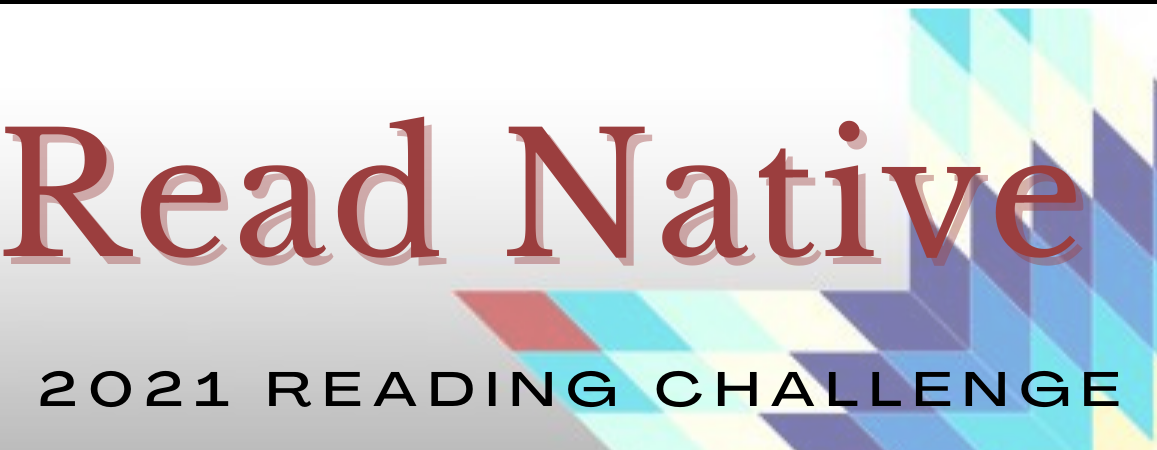
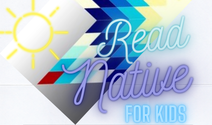
 RSS Feed
RSS Feed